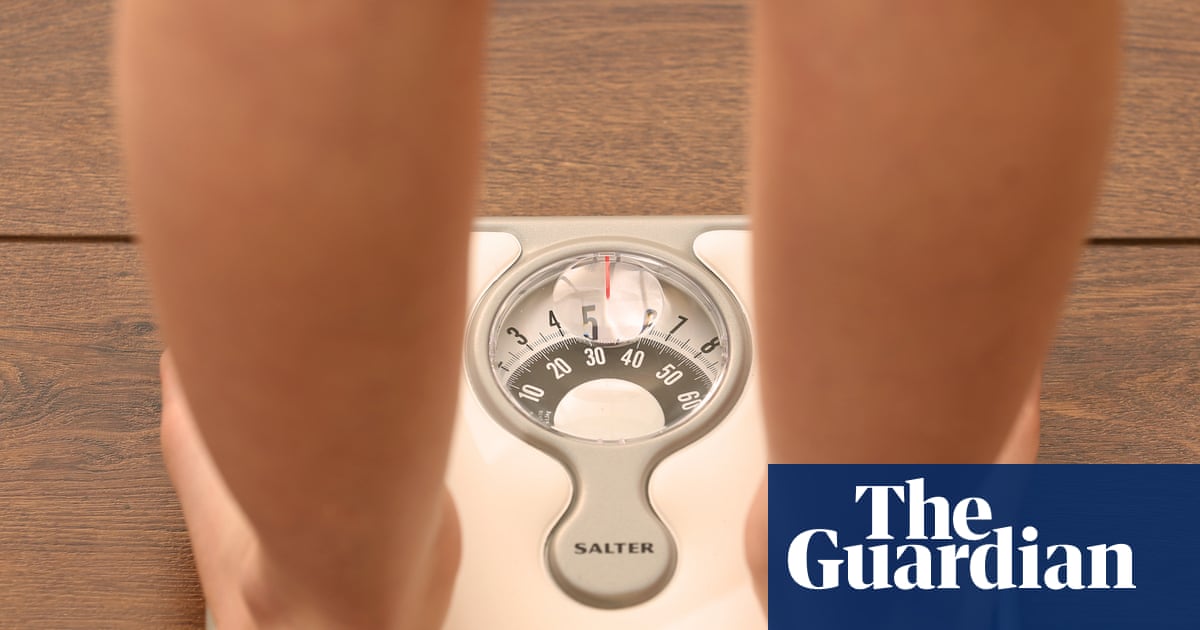
Organised crime gangs have begun manufacturing their own branded weight-loss drugs, designed to look like legitimate medicines, in what authorities warn is a significant threat.
The Medicines and Healthcare products Regulatory Agency (MHRA) said the trend had only just emerged, leading them to conduct the largest single seizure of trafficked weight-loss drugs ever recorded by any global law enforcement agency.
Andy Morling, the head of the MHRA’s criminal enforcement unit, said that in the last few months it had seen a new model of production, “where criminals are putting investment into designing their own packaging and branding … and selling it purporting to be a genuine product”.
He added: “That is an unusual model. [What they seized] looked like genuine medicines, but are entirely unlicensed and illegal to sell in the UK. The most recent model, and the level of investment to do packaging and production facilities to sell on an industrial scale – that is undoubtedly organised crime. That is why we are working to eliminate that model before it takes a grip.”
Morling said a product “that sophisticated … is a significant concern” for his unit.
Last month the MHRA conducted its first raid on an illegal weight-loss drug factory in Northampton. It seized tens of thousands of empty weight-loss pens ready to be filled, raw chemical ingredients and more than 2,000 unlicensed retatrutide and tirzepatide pens due to be sent to customers.
Morling said it had a “significant number” of criminal investigations on its “books” but “do not treat them all as prosecutions”. He said: “We take a proportionate approach to the threat posed … The priority in every case is public safety by removing products from the market.”
The MHRA said the new model of production “gives customers a false sense of security in thinking they are buying a genuine product”. The regulatory authority is analysing the products seized in Northampton but said it would be “wrong to speculate” about what is in them.
Morling said that there was a “blurring of line in what is considered medicine and another cosmetic treatment available these days”. He said that most customers thought what they were buying in the syringes was a cosmetic treatment.
Morling added: “Some of the beauty parlours are selling them in this setting not realising that they are selling medicine that could end up giving them a custodial sentence … In both customer and seller there is a lack of awareness.”
The MHRA said that people were seeing products marketed on social media and also finding out about them through word of mouth and visiting local beauty salons.
Morling said there had been various iterations of how the treatments were produced, beginning with counterfeit versions of Mounjaro and Wegovy brands during spring of 2023.
“They were in fact insulin pens that had the insulin labels removed … The second model we saw in early 2024 were the raw active ingredients either in powder form for mixing and syringe injecting at home or pre-filled generic syringes,” he said.
“The fact we now have a third model [of production] … almost trying to compete with genuine branded product – that is new … That is box-fresh and something we are having to look at – we have not seen that level of investment and sophistication before … That is global organised crime.”
He added: “They looked like genuine medicines but they are entirely unlicensed and illegal to sell in the UK.”
Source link

